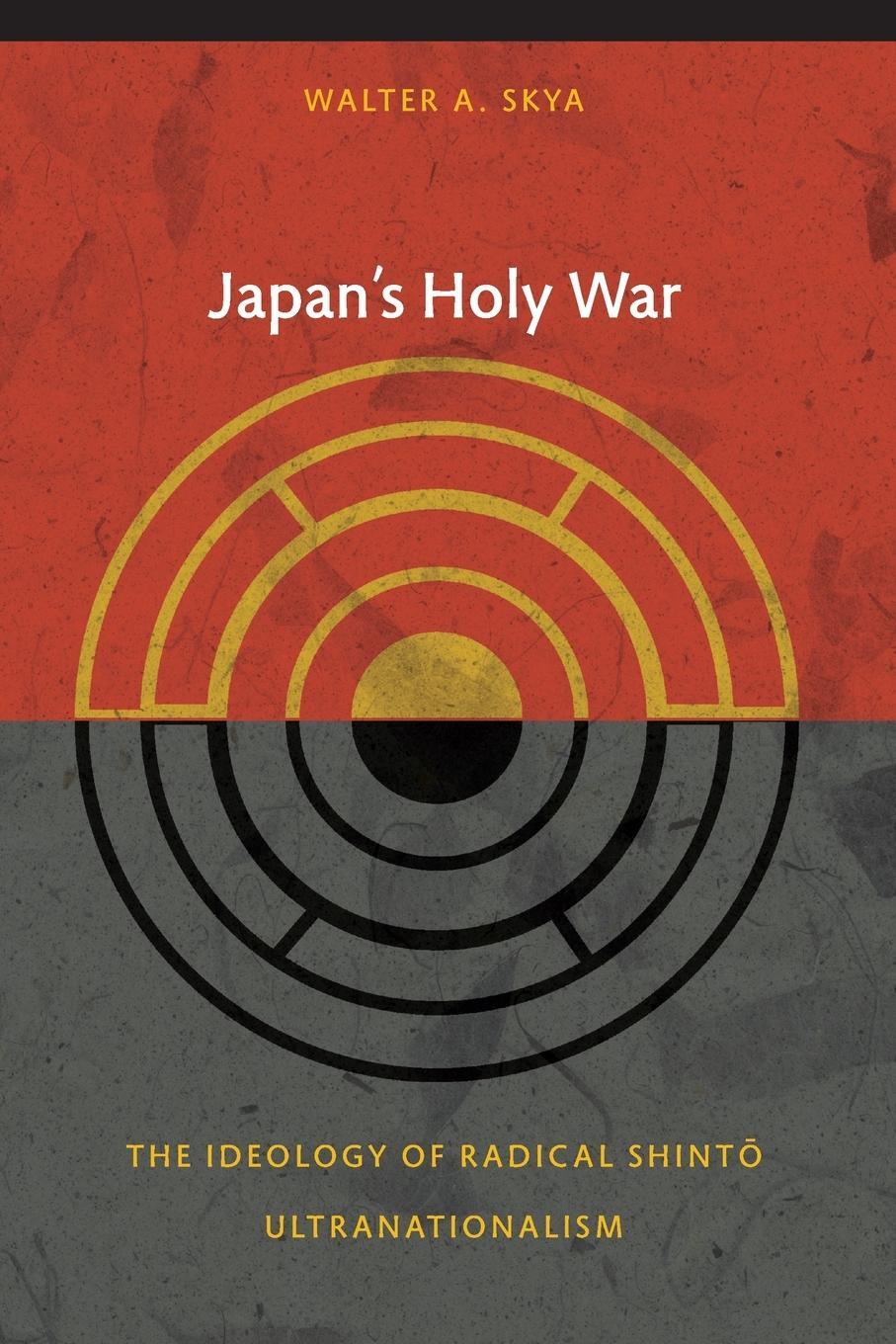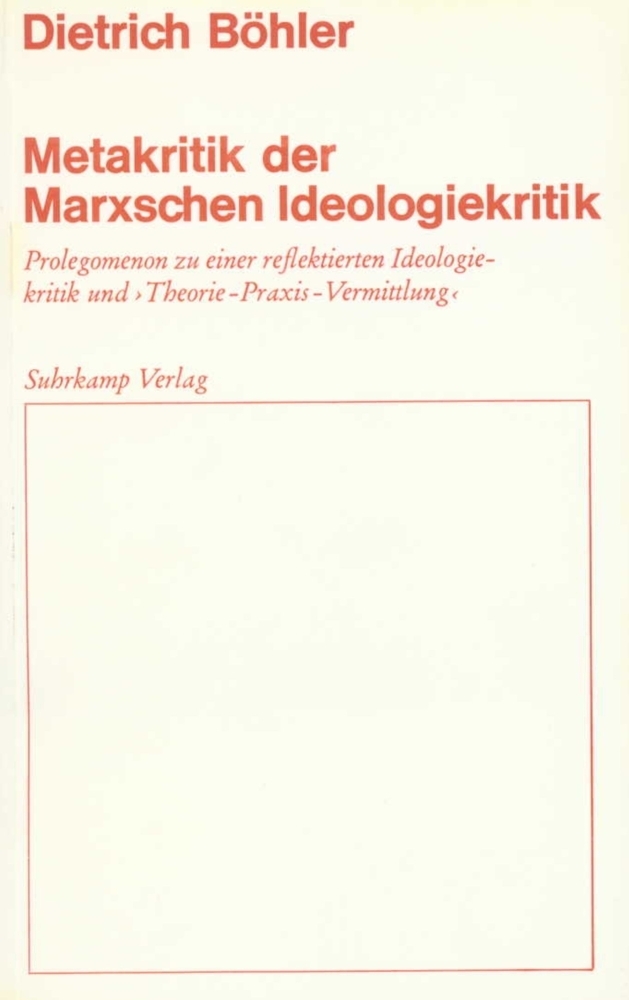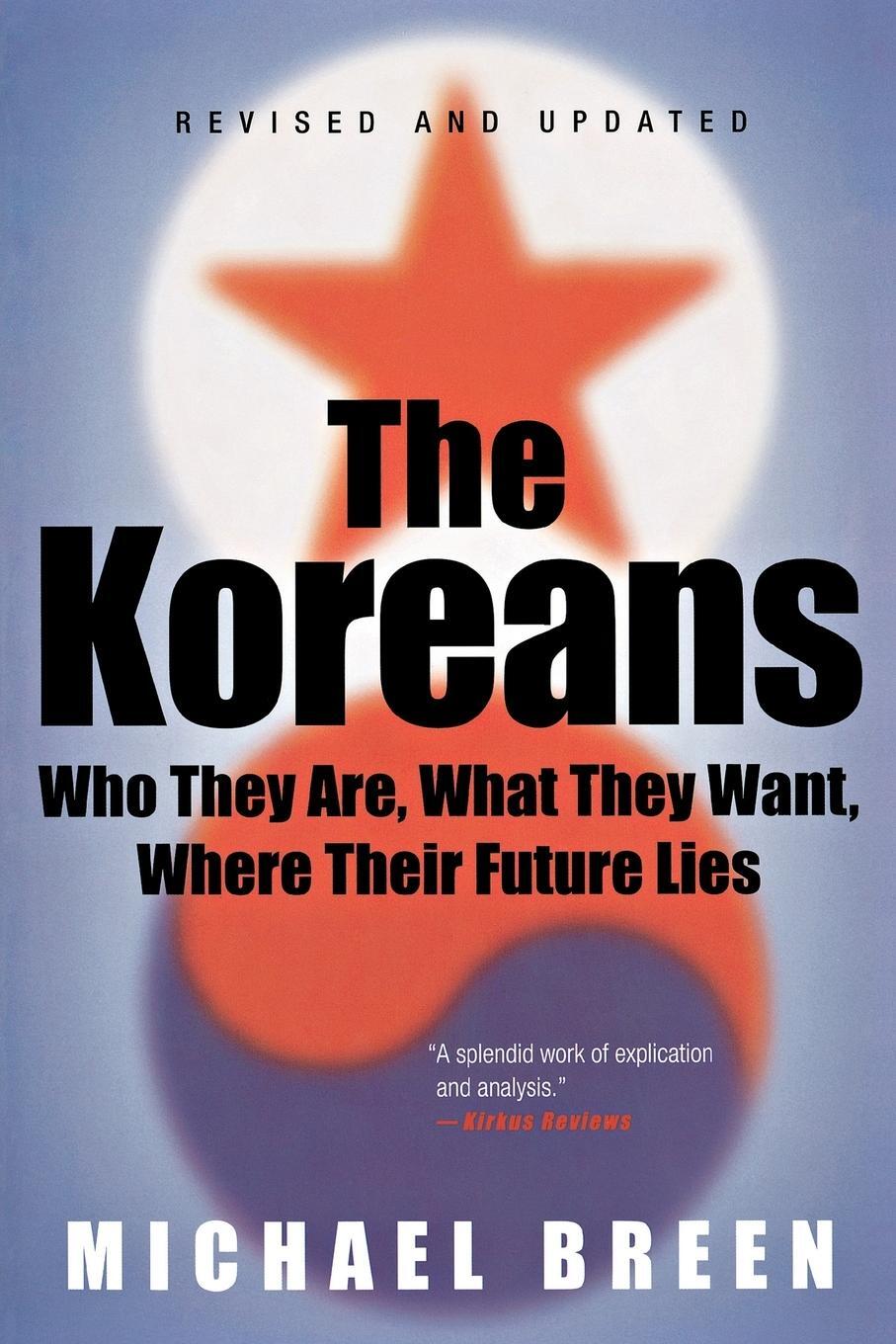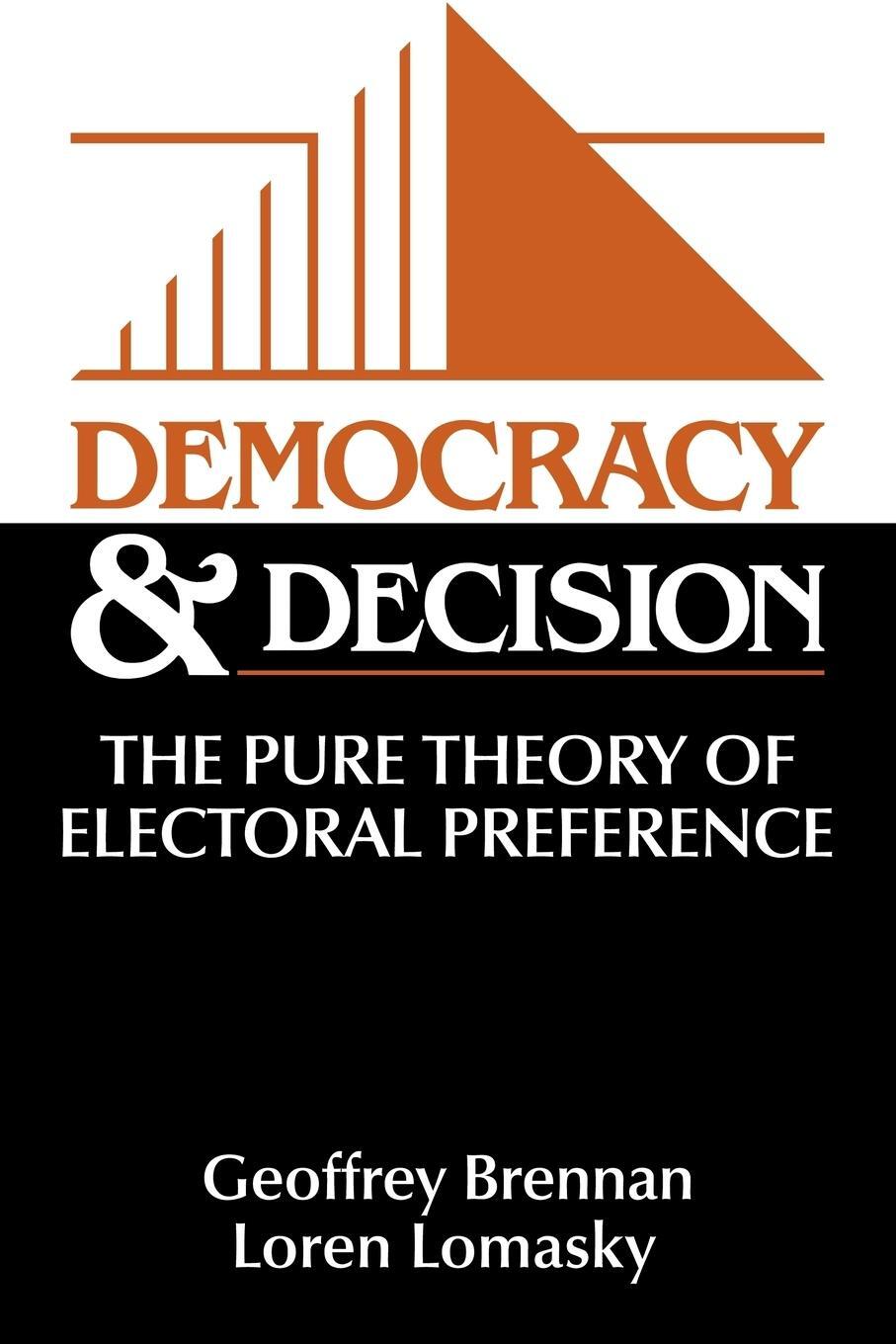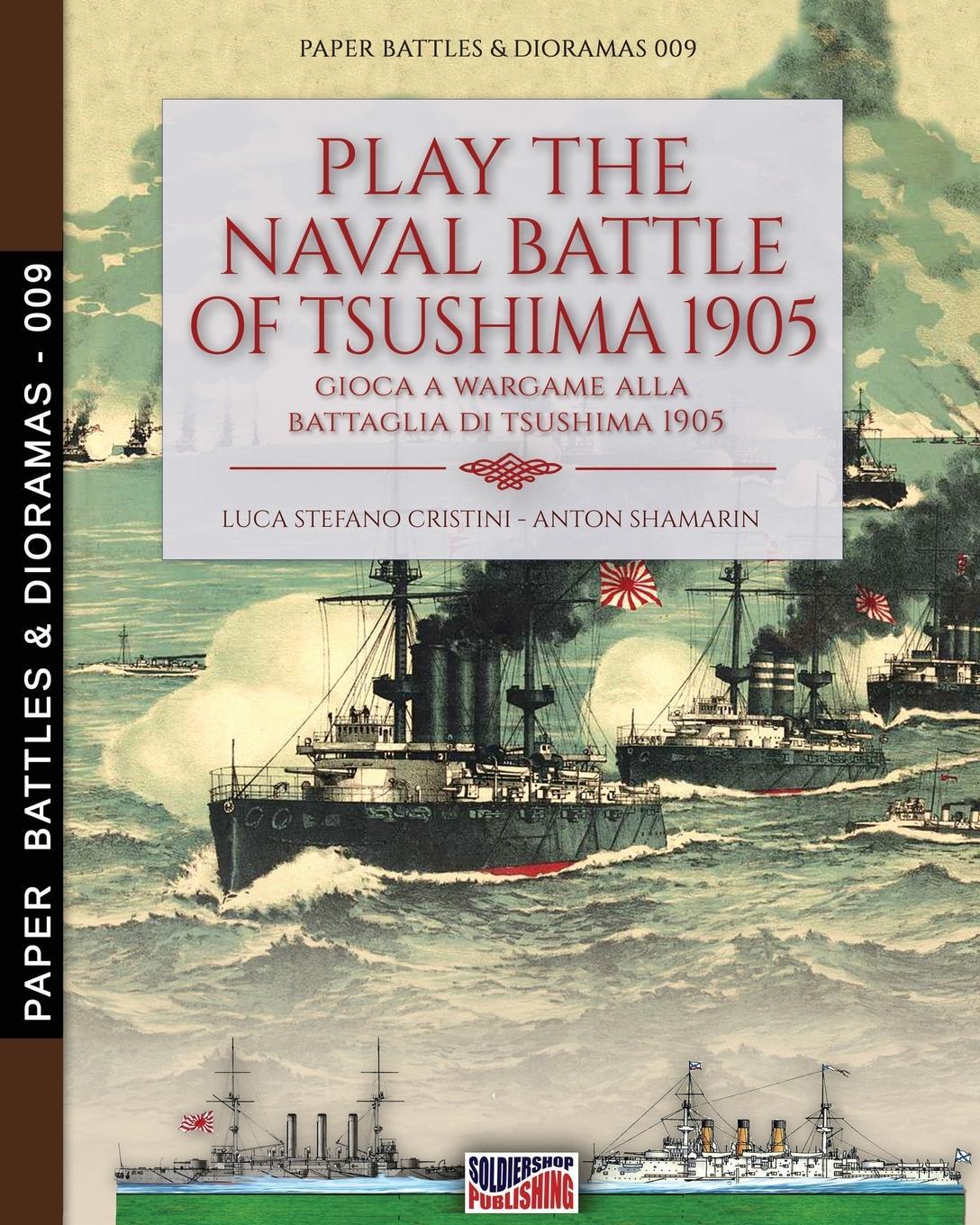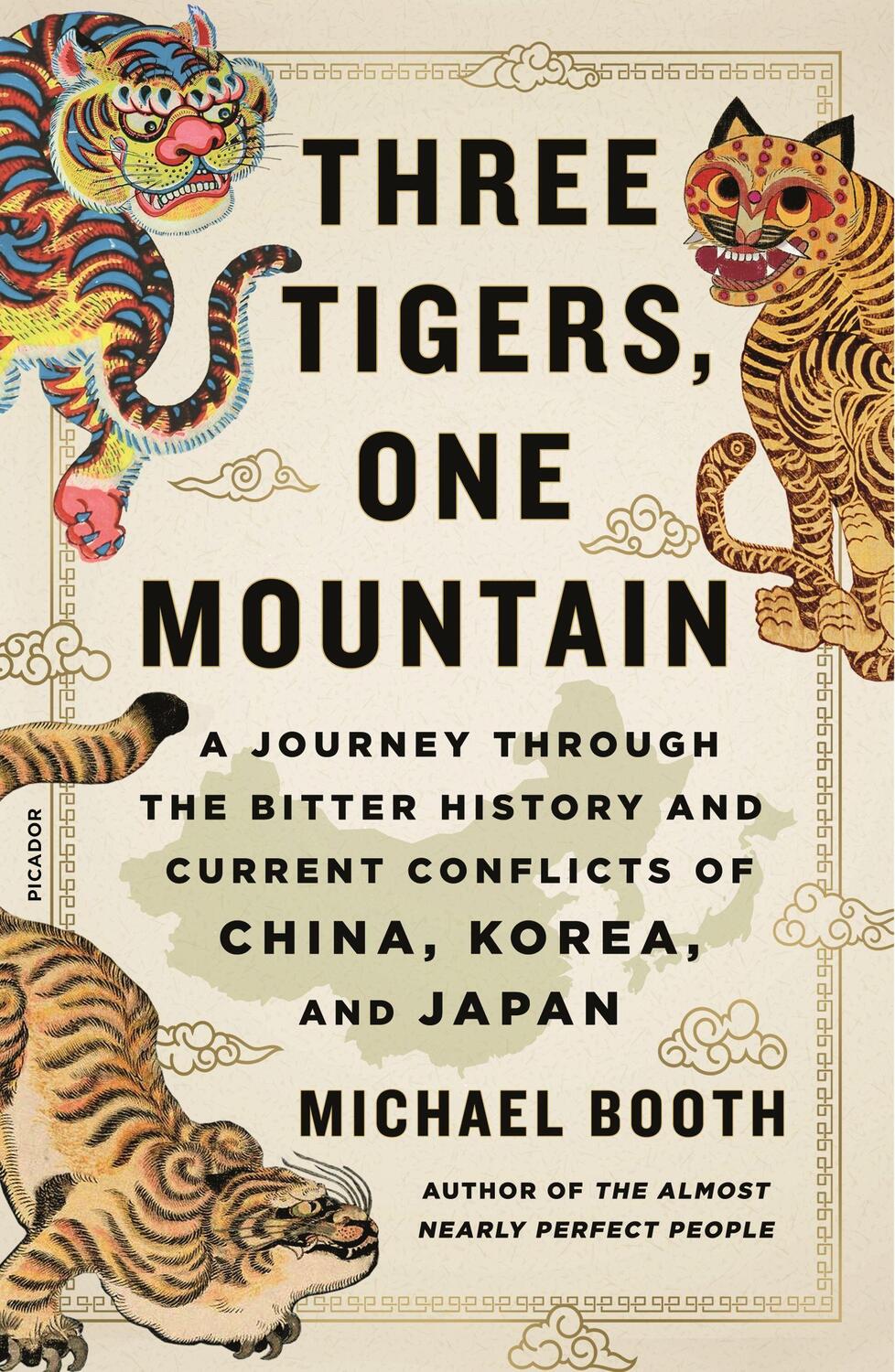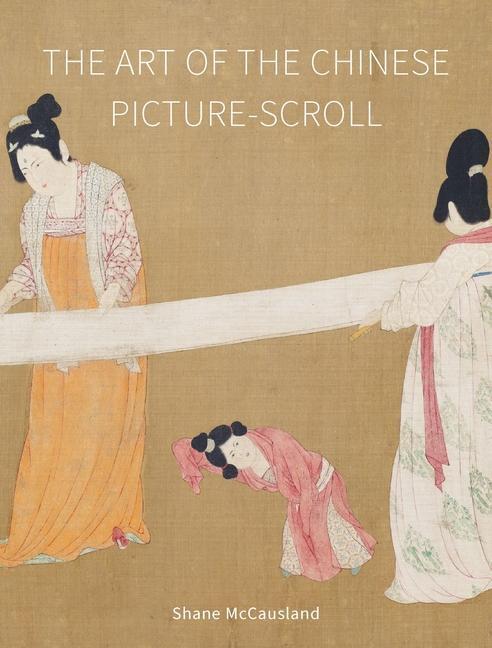Dekorationsartikel gehören nicht zum Leistungsumfang.
Sprache:
Englisch
32,50 €*
Versandkostenfrei per Post / DHL
Aktuell nicht verfügbar
Kategorien:
Beschreibung
Japan's Holy War reveals how a radical religious ideology drove the Japanese to imperial expansion and global war. Bringing to light a wealth of new information, Walter A. Skya demonstrates that whatever other motives the Japanese had for waging war in Asia and the Pacific, for many the war was the fulfillment of a religious mandate. In the early twentieth century, a fervent nationalism developed within State Shint¿. This ultranationalism gained widespread military and public support and led to rampant terrorism; between 1921 and 1936 three serving and two former prime ministers were assassinated. Shint¿ ultranationalist societies fomented a discourse calling for the abolition of parliamentary government and unlimited Japanese expansion.
Skya documents a transformation in the ideology of State Shint¿ in the late nineteenth century and the early twentieth. He shows that within the religion, support for the German-inspired theory of constitutional monarchy that had underpinned the Meiji Constitution gave way to a theory of absolute monarchy advocated by the constitutional scholar Hozumi Yatsuka in the late 1890s. That, in turn, was superseded by a totalitarian ideology centered on the emperor: an ideology advanced by the political theorists Uesugi Shinkichi and Kakehi Katsuhiko in the 1910s and 1920s. Examining the connections between various forms of Shint¿ nationalism and the state, Skya demonstrates that where the Meiji oligarchs had constructed a quasi-religious, quasi-secular state, Hozumi Yatsuka desired a traditional theocratic state. Uesugi Shinkichi and Kakehi Katsuhiko went further, encouraging radical, militant forms of extreme religious nationalism. Skya suggests that the creeping democracy and secularization of Japan's political order in the early twentieth century were the principal causes of the terrorism of the 1930s, which ultimately led to a holy war against Western civilization.
Skya documents a transformation in the ideology of State Shint¿ in the late nineteenth century and the early twentieth. He shows that within the religion, support for the German-inspired theory of constitutional monarchy that had underpinned the Meiji Constitution gave way to a theory of absolute monarchy advocated by the constitutional scholar Hozumi Yatsuka in the late 1890s. That, in turn, was superseded by a totalitarian ideology centered on the emperor: an ideology advanced by the political theorists Uesugi Shinkichi and Kakehi Katsuhiko in the 1910s and 1920s. Examining the connections between various forms of Shint¿ nationalism and the state, Skya demonstrates that where the Meiji oligarchs had constructed a quasi-religious, quasi-secular state, Hozumi Yatsuka desired a traditional theocratic state. Uesugi Shinkichi and Kakehi Katsuhiko went further, encouraging radical, militant forms of extreme religious nationalism. Skya suggests that the creeping democracy and secularization of Japan's political order in the early twentieth century were the principal causes of the terrorism of the 1930s, which ultimately led to a holy war against Western civilization.
Japan's Holy War reveals how a radical religious ideology drove the Japanese to imperial expansion and global war. Bringing to light a wealth of new information, Walter A. Skya demonstrates that whatever other motives the Japanese had for waging war in Asia and the Pacific, for many the war was the fulfillment of a religious mandate. In the early twentieth century, a fervent nationalism developed within State Shint¿. This ultranationalism gained widespread military and public support and led to rampant terrorism; between 1921 and 1936 three serving and two former prime ministers were assassinated. Shint¿ ultranationalist societies fomented a discourse calling for the abolition of parliamentary government and unlimited Japanese expansion.
Skya documents a transformation in the ideology of State Shint¿ in the late nineteenth century and the early twentieth. He shows that within the religion, support for the German-inspired theory of constitutional monarchy that had underpinned the Meiji Constitution gave way to a theory of absolute monarchy advocated by the constitutional scholar Hozumi Yatsuka in the late 1890s. That, in turn, was superseded by a totalitarian ideology centered on the emperor: an ideology advanced by the political theorists Uesugi Shinkichi and Kakehi Katsuhiko in the 1910s and 1920s. Examining the connections between various forms of Shint¿ nationalism and the state, Skya demonstrates that where the Meiji oligarchs had constructed a quasi-religious, quasi-secular state, Hozumi Yatsuka desired a traditional theocratic state. Uesugi Shinkichi and Kakehi Katsuhiko went further, encouraging radical, militant forms of extreme religious nationalism. Skya suggests that the creeping democracy and secularization of Japan's political order in the early twentieth century were the principal causes of the terrorism of the 1930s, which ultimately led to a holy war against Western civilization.
Skya documents a transformation in the ideology of State Shint¿ in the late nineteenth century and the early twentieth. He shows that within the religion, support for the German-inspired theory of constitutional monarchy that had underpinned the Meiji Constitution gave way to a theory of absolute monarchy advocated by the constitutional scholar Hozumi Yatsuka in the late 1890s. That, in turn, was superseded by a totalitarian ideology centered on the emperor: an ideology advanced by the political theorists Uesugi Shinkichi and Kakehi Katsuhiko in the 1910s and 1920s. Examining the connections between various forms of Shint¿ nationalism and the state, Skya demonstrates that where the Meiji oligarchs had constructed a quasi-religious, quasi-secular state, Hozumi Yatsuka desired a traditional theocratic state. Uesugi Shinkichi and Kakehi Katsuhiko went further, encouraging radical, militant forms of extreme religious nationalism. Skya suggests that the creeping democracy and secularization of Japan's political order in the early twentieth century were the principal causes of the terrorism of the 1930s, which ultimately led to a holy war against Western civilization.
Über den Autor
Walter A. Skya
Inhaltsverzeichnis
Acknowledgments ix
Introduction 1
I. Emperor Ideology and the Debate over State and Sovereignty in the Late Meiji Period
1. From Constitutional Monarchy to Absolutist Theory 33
2. Hozumi Yatsuka: The Religious Volkisch Family-State 53
3. Minobe Tatsukichi: The Secularization of Politics 82
4. Kita Ikki: A Social-Democratic Critique of Absolute Monarchy 112
II. Emperor Ideology and the Debate over State and Sovereignty in the Taisho Period
5. The Rise of Mass Nationalism 131
6. Uesugi Shinkichi: The Emperor and the Masses 153
7. Kakehi Katsuhiko: The Japanese Emperor State at the Center of the Shinto Cosmology 185
III. Radical Shinto Ultranationalism and Its Triumph in the Early Showa Period
8. Terrorism in the Land of the Gods 229
9. Orthodoxation of a Holy War 262
Conclusion 297
Notes 329
Select Bibliography 363
Index 379
Introduction 1
I. Emperor Ideology and the Debate over State and Sovereignty in the Late Meiji Period
1. From Constitutional Monarchy to Absolutist Theory 33
2. Hozumi Yatsuka: The Religious Volkisch Family-State 53
3. Minobe Tatsukichi: The Secularization of Politics 82
4. Kita Ikki: A Social-Democratic Critique of Absolute Monarchy 112
II. Emperor Ideology and the Debate over State and Sovereignty in the Taisho Period
5. The Rise of Mass Nationalism 131
6. Uesugi Shinkichi: The Emperor and the Masses 153
7. Kakehi Katsuhiko: The Japanese Emperor State at the Center of the Shinto Cosmology 185
III. Radical Shinto Ultranationalism and Its Triumph in the Early Showa Period
8. Terrorism in the Land of the Gods 229
9. Orthodoxation of a Holy War 262
Conclusion 297
Notes 329
Select Bibliography 363
Index 379
Details
| Erscheinungsjahr: | 2009 |
|---|---|
| Genre: | Geschichte |
| Rubrik: | Geisteswissenschaften |
| Medium: | Taschenbuch |
| Seiten: | 400 |
| Reihe: | Asia-Pacific: Culture, Politic |
| ISBN-13: | 9780822344230 |
| ISBN-10: | 0822344238 |
| Sprache: | Englisch |
| Einband: | Kartoniert / Broschiert |
| Autor: | Skya, Walter |
| Hersteller: |
Duke University Press
Asia-Pacific: Culture, Politic |
| Maße: | 229 x 152 x 22 mm |
| Von/Mit: | Walter Skya |
| Erscheinungsdatum: | 03.2009 |
| Gewicht: | 0,58 kg |
Über den Autor
Walter A. Skya
Inhaltsverzeichnis
Acknowledgments ix
Introduction 1
I. Emperor Ideology and the Debate over State and Sovereignty in the Late Meiji Period
1. From Constitutional Monarchy to Absolutist Theory 33
2. Hozumi Yatsuka: The Religious Volkisch Family-State 53
3. Minobe Tatsukichi: The Secularization of Politics 82
4. Kita Ikki: A Social-Democratic Critique of Absolute Monarchy 112
II. Emperor Ideology and the Debate over State and Sovereignty in the Taisho Period
5. The Rise of Mass Nationalism 131
6. Uesugi Shinkichi: The Emperor and the Masses 153
7. Kakehi Katsuhiko: The Japanese Emperor State at the Center of the Shinto Cosmology 185
III. Radical Shinto Ultranationalism and Its Triumph in the Early Showa Period
8. Terrorism in the Land of the Gods 229
9. Orthodoxation of a Holy War 262
Conclusion 297
Notes 329
Select Bibliography 363
Index 379
Introduction 1
I. Emperor Ideology and the Debate over State and Sovereignty in the Late Meiji Period
1. From Constitutional Monarchy to Absolutist Theory 33
2. Hozumi Yatsuka: The Religious Volkisch Family-State 53
3. Minobe Tatsukichi: The Secularization of Politics 82
4. Kita Ikki: A Social-Democratic Critique of Absolute Monarchy 112
II. Emperor Ideology and the Debate over State and Sovereignty in the Taisho Period
5. The Rise of Mass Nationalism 131
6. Uesugi Shinkichi: The Emperor and the Masses 153
7. Kakehi Katsuhiko: The Japanese Emperor State at the Center of the Shinto Cosmology 185
III. Radical Shinto Ultranationalism and Its Triumph in the Early Showa Period
8. Terrorism in the Land of the Gods 229
9. Orthodoxation of a Holy War 262
Conclusion 297
Notes 329
Select Bibliography 363
Index 379
Details
| Erscheinungsjahr: | 2009 |
|---|---|
| Genre: | Geschichte |
| Rubrik: | Geisteswissenschaften |
| Medium: | Taschenbuch |
| Seiten: | 400 |
| Reihe: | Asia-Pacific: Culture, Politic |
| ISBN-13: | 9780822344230 |
| ISBN-10: | 0822344238 |
| Sprache: | Englisch |
| Einband: | Kartoniert / Broschiert |
| Autor: | Skya, Walter |
| Hersteller: |
Duke University Press
Asia-Pacific: Culture, Politic |
| Maße: | 229 x 152 x 22 mm |
| Von/Mit: | Walter Skya |
| Erscheinungsdatum: | 03.2009 |
| Gewicht: | 0,58 kg |
Warnhinweis

